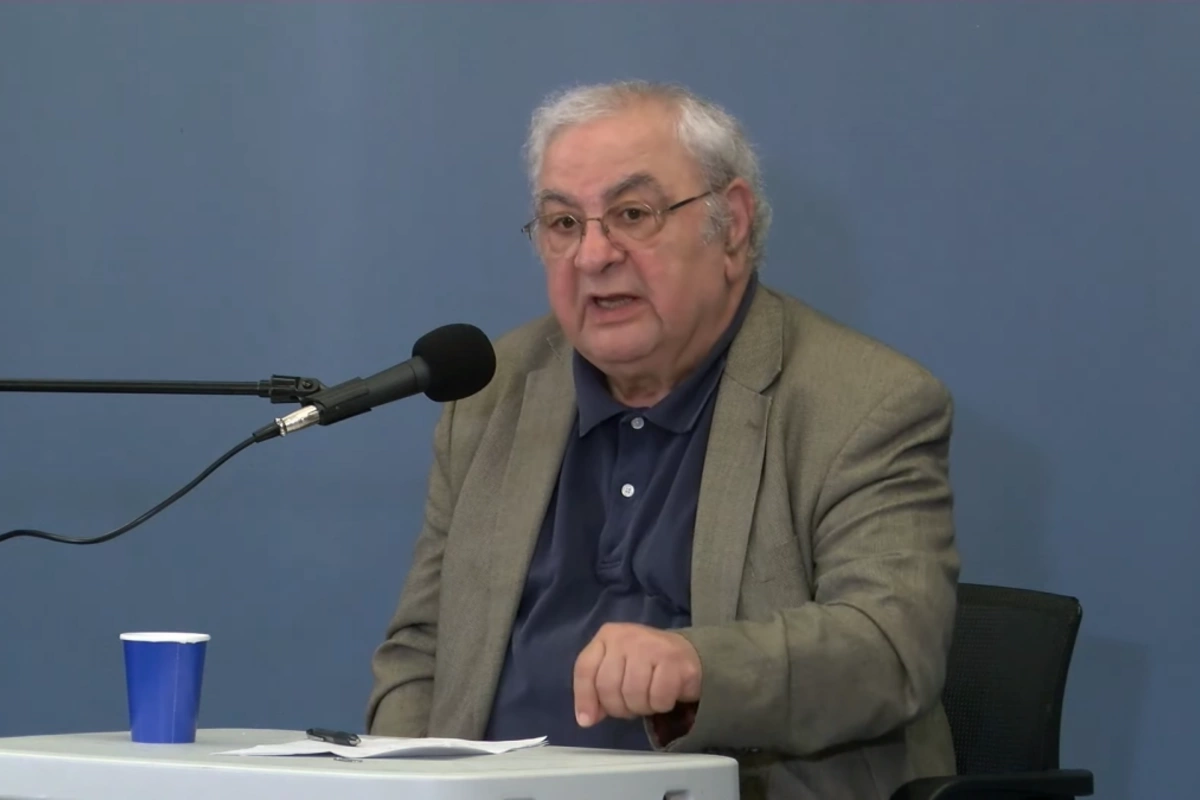
The Armenians of Karabakh can still sign up to a “manageable” agreement on integrating into Azerbaijan, argues Gerard Libaridian, but they need to stop a sense of self-denial in failing to recognise that they won’t get everything they want.
Image:

On Wednesday, we posted some insightful snippets taken from an

In this week’s talk, he reminded listeners that—like it or not—Armenia lost the Second Karabakh War but that many Armenians have been playing a dangerous game in pretending that they didn’t. He pointed out that it was unwise to expect any sort of outside assistance given that, despite professed support from four key members, the UN Security Council couldn’t even manage to pass a resolution to call for the opening of the Lachin road. And it’s similarly important to remember that even Armenia’s geopolitical friends assert Azerbaijan’s claims to territorial integrity, so any maximalist hopes for a quasi-independent entity for the Armenians of Karabakh should be recognized as a pipe dream. All this, argues Libaridian, really ought to have hit home in 2020 when peace treaty offers from Baku were more generous than what’s on the table now. Yet the Armenian side still thought it was in a position to say what it did and didn’t want without recognizing its position of weakness. Even now, Libaridian judges that Ilham Aliyev’s offers are still “manageable,” but “every time we set goals that are unrealistic, we tend to lose more,” and he worries that many Armenians are still perilously unable to realize that a rapid peace treaty is in their ultimate interests.
Gerard Jirair Libaridian was born in 1945 in Beirut to an Armenian family. He moved to the U.S. and, following a PhD at UCLA, spent more than 20 years as a university lecturer teaching courses, including some on Turkish-Armenian relations. He went to Armenia in 1991, initially as an academic, but in the chaos of the times soon found himself as chief advisor to the newly independent country’s first president, Levon Ter-Petrossian. Later, he became Deputy Foreign Minister and Armenia’s chief negotiator with Türkiye. He has called himself an “

Libaridian returned to the US in 1997, becoming a professor of history at the University of Michigan, Ann Arbor, and from 2007, the director of the university’s Armenia Studies Programme.
In talks and academic papers alike, he has since argued forcefully that Armenia’s politicians have taken to using a historical sense of the people as victims as a way to avoid taking more responsibility themselves. As such, they have made the past into a kind of emotional prison. Thirty years ago, he suggests, the events of 1915 were mainly an issue raised in diaspora circles. However,

Libaridian underlines how important it is for Armenian politicians to move away from focusing on the “genocide question” to concentrate instead on 21st century realities. He should know. He was the last Armenian politician to make an official trip to Baku. Hopefully, following this week’s events, more Armenians in Karabakh will heed Libaridian’s words, and before long, many more Armenians should be visiting Baku both as politicians and as fellow citizens of Azerbaijan.
Share on social media